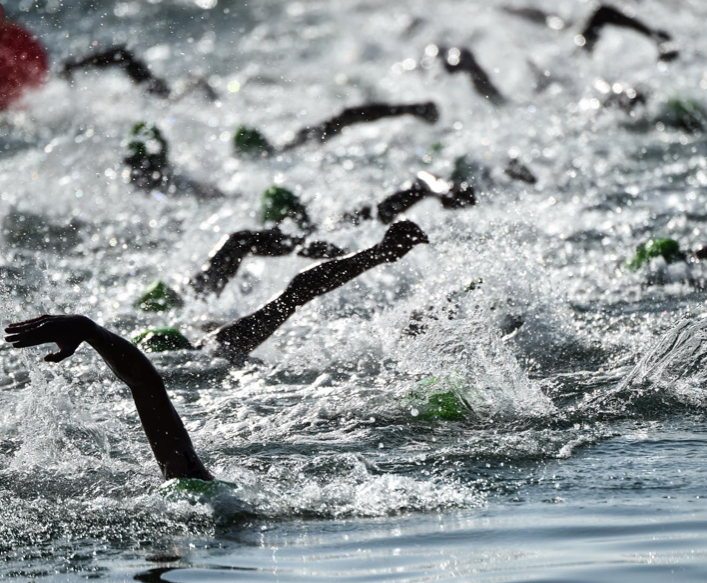Success Based on Others
Several years ago I coached an athlete who got on the podium in all three of his major races by the end of our first season together. It was quite an impressive accomplishment. But in talking with him the day after that last race of the season, it was obvious he wasn’t thrilled about it. In fact, he seemed a bit down in the dumps.
Perplexed, I began to dig into what I thought his goals were for the just-finished season. Did I get something wrong? I soon came to realize that deep down he had wanted to beat a certain athlete that year but never had. Even though the athlete I was coaching was considered one of the best in the region, he was unhappy because he failed to beat one other athlete. I was dumbfounded. He had never mentioned that specific goal out loud, but the other rider’s name had popped up a few times in our weekly conversations. His goal was stored away some place in his head, and if he had ever shared it with me, I suspect that it would have led to a serious talk.

As athletes, we need to move away from measuring our success by whether or not we “beat others.” That’s a narrow and somewhat egotistical way of measuring achievement in sport. While it’s okay to gauge your race performances on how well you did relative to your competition, basing your success entirely on who you beat is a bit misguided. The outcome comes down to who showed up that day and what kind of shape they were in.
A Better Measure of Success
There are more important outcomes we can measure. Performance in sport is more about what you accomplish relative to yourself, not others. If at the end of the season you are performing at a higher level than previously, I see that as success. If you are getting faster under similar conditions, then you are improving regardless of what anyone else in the race did.
Don’t get me wrong, competition with other athletes is okay. It’s not, however, the end all and be all we make it out to be. We too often assume that if we are competing with someone, our goal is to beat that person. While that might be how the word is often used in the twentieth century, that’s not what it originally meant.
Let’s dig a bit deeper into the word competition.
“Compete” is from the Latin competere and means, in one early definition, to “strive together.” You are really not striving against other people. You are striving together. Yes, you’re pushing each other to your individual limits and one of you is going to come out on top. But you’re actually working together. Regardless of the mano-a-mano outcome, you are both becoming better athletes because of your competition. Another way of thinking about this is that without the other competitors you wouldn’t be as good as you are. When seen in that light, you owe your competitors a measure of gratitude for what they are doing for you regardless of how it turns out.
Signs of a Good Competitor
One of the best indicators of a successful athlete, and a good competitor, is how they act when they lose to another. It’s heartwarming to see the “loser” seek out the “winner” after a race to offer congratulations. A post-race smile and handshake exemplify what competition is all about. Compare that with the athlete who frowns, places blame on others for the loss, and avoids contact with the winner.
Which do you prefer to see? Which do you prefer to be? That will say a lot about who you are as a person and as an athlete.

You must be logged in to post a comment.